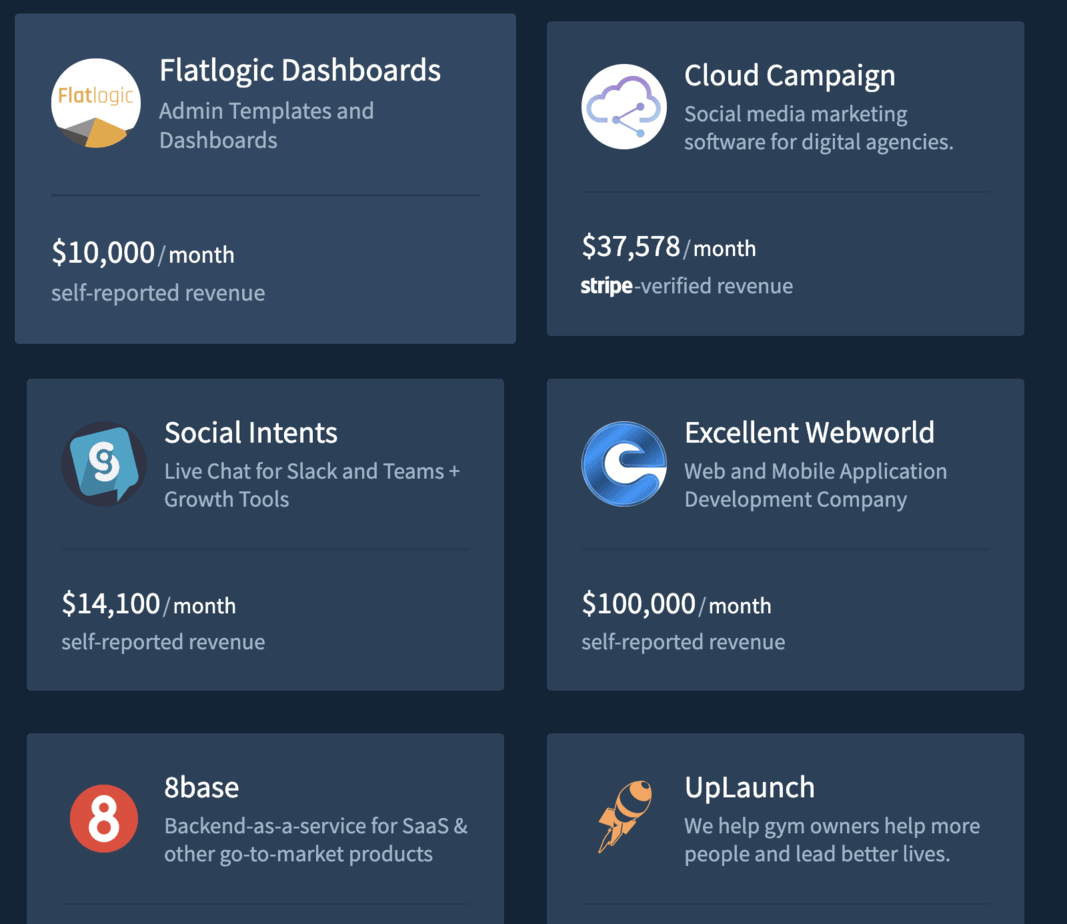Note: This post may contain affiliate links which means if you click on a link and purchase an item, we will receive an affiliate commission at no extra cost to you.
“Owning our story can be hard but not nearly as difficult as spending our lives running from it. Only when we are brave enough to explore the darkness will we discover the infinite power of our light.” -Dr. Brene Brown
Disclaimer: This should not be confused with professional advice because I’m not an expert on depression. I’m only sharing my experiences.
Starting in 2006, I battled an Adderall-induced depression for five years during my middle and high school years. It pushed me to a low that I didn’t know existed and wasn’t sure that I’d ever be able to recover from. Until recently, this was a topic that I only discussed with people inside of my inner-circle. I’m opening up and sharing this publicly now with the hope that my learnings will add value, perspective, and insights regardless of whether you are struggling or not.
I was not alone. In any given year, the National Institute of Mental Health (NIMH) estimates that 16 million adults in the U.S. have at least one depressive episode, a whopping seven percent of the population. Worldwide, this number includes 350 million people. Depression isn’t something that I would wish on my worst enemy, but it played a major, and ultimately positive role in shaping me into who I am today.
It might seem odd, but I’m grateful that I had the opportunity to overcome the challenges that depression placed in my path. Conquering what was once a life-crippling depression has given me incredible strength. I owe much of my drive, passion and confidence to overcoming this challenge. It has also put my life in perspective and I have learned to appreciate that every low in my life is now insignificant relative to what I’ve already overcome. The lessons I learned from experiencing an isolated depression are at the root of my world and life outlook.
While this post is intense, it is intended to demonstrate the positive impact adversity has had on my life. And it’s important to note that my struggle has a happy ending: Why 2017 Was The Happiest Year of My Life. In the last few months, I finally feel like I’ve come to terms with any lingering negativity and scars from my past that have been weighing on me. Aside from appreciating my ability to heal and grow, here are my key takeaways.
Table of Contents
1. Mind-altering drugs should be treated with extreme caution
In 7th grade, I was diagnosed with ADHD after my teachers complained about how wildly disruptive I was during class. This diagnosis led to an Adderall prescription to fix this “disorder.” The drug changed me from a fun, happy, life-loving kid into a zombie. My upbeat personality and zest for life disappeared under the influence of Adderall. I lost both my sense of humor and my appetite. Within three months I lost all of my friends, and entered an extended phase of isolation, rejection, and confusion.
Adderall temporarily changed me from an extrovert to an introvert and it caused me to lose my identity. Even after I stopped taking the medication three years later, my identity and reputation at my small high school of 400 students was cemented. It felt as if I was a character in a play and everyone knew me as that character, not the human inside. It was a scary, bizarre, and depressing existence.
I have vivid memories of not feeling valued as a human by my peers. My social value was so low to others that former close friends would turn and walk away from me in the middle of one-on-one conversations. Those were dark, lonely days.
The United States is developing stricter guidelines for doctors who prescribe opioids, as well as mind and personality altering drugs. I’m a living example that the decision to medicate should not be taken lightly. I believe in investigating and exhausting all other avenues before taking mind-altering, dangerous drugs.
2. “Adversity introduces a man to himself” -Albert Einstein
After five years of suffering from depression, I realized that I had the ability to escape the identity-trapping nature of being in a small, closed community when I graduated from high school. This realization empowered me to search for ways to “press the reset button.” I faced the task of re-discovering who I was and who I wanted to be in life.
The combination of deep reflection, seeing a therapist and talking through my challenges with two of my closest friends enabled me to pinpoint the underlying identity issues that contributed to my extreme unhappiness. After identifying the issues and escaping from the community where I felt trapped, I “rebuilt” myself. While I still had some unresolved issues, within several months of graduating from high school, I was able to return to a positive mental state.
As Seneca once said, “it is a rough road that leads to the heights of greatness.” In the throes of my depression, my mind was consumed by my unhappiness and negative thoughts. Now that I am free, I realize that the pain and suffering in my past shows me that I possess the strength to power through what then felt like insurmountable obstacles.
I can confidently say that it’s unlikely I will ever face a challenge as significant as questioning the value of my own life. Now I know I have the power to transform myself, and return to a happy place. I strive to keep this perspective when facing challenges in my life because it’s easy to get lost in the day-to-day ups and downs.
3. Loyalty is one of the most undervalued human traits
When I entered this dark phase of my life and I lost my closest friends, I learned a valuable lesson: cherish those who will stand by me in my worst times. This is a lesson that was reinforced when I worked with a number of shady people in the urban music industry. Being able to quickly evaluate who I can and can’t trust is a critical skill that I’ve spent a lot of time and energy honing.
As a result of my experiences, I now focus my energy on building and developing deep bonds with people whom I believe to be loyal and genuine. Compared to many peers, I have fewer friends from high school and college, but I value that my friends are unconditional sources of support and will always be there for me, as I will be there for them.
Loyalty is one of the most underrated human traits and it’s also one of the best ways to build lifelong bonds with others. Some of my strongest friendships were permanently solidified when I came to their aid, or they came to mine. People never forget who helped them (and who didn’t), so be kind and be loyal.
4. Human conformity is a strange, potent force
In high school, all I wanted was to be liked and accepted by others. It wasn’t until I reached college and was rejected by the fraternity I wanted to join, that I realized that how others treat me is out of my control, but caring about what other people think of me is a choice. I’ve also learned that when people treat me poorly, it’s more of a reflection on them, not me.
During my first year in college I made the decision that it was far too dangerous to tie my happiness to the opinions of others. I stopped trying to be “cool” in the eyes of other people, and decided to focus on being “me.” This change in mentality led to a tremendous amount of freedom and directly led to my unorthodox life of happiness and fulfillment. In the words of Ralph Waldo Emerson, “to be yourself in a world that is constantly trying to make you something else is the greatest accomplishment.”
In my experience, nowhere is human conformity more obvious than during freshman year of college. At USC, as a 21 year old first year student living in the freshman dorms, I had the unique opportunity to witness insecure 18 and 19 year olds do everything in their power to be accepted by their peers. I watched as these freshman from all over the country (or the world) adopted Los Angeles hairstyles, slang and fashion within months of arriving on campus. I witnessed them morph their identities in an effort to conform with what was perceived to be “cool” by their peers.
At Amherst College, where I spent a few months before USC, students similarly conformed to the New England prep school culture that dominated that school. In both situations, these freshmen sacrificed their individuality to be accepted by others.
I can attest, on an extreme level, that tying happiness to what other people think and to “being cool” is a slippery slope. I believe that embracing individuality and uniqueness is critical in order to become more authentic, free and happy.
5. One of the best ways to alter happiness is by changing communities
I’ve realized that one of the easiest ways to “reset” is by switching communities. If I’m unhappy in a company, school, or city, I always have the option to pick up and go somewhere else. When I graduated from high school, I was able to remove myself from the confines of a limiting, small social circle. Similarly, when I stopped enjoying my time in San Francisco many years later, I started traveling and had the chance to reset again and re-optimize my life.
This might be considered a runner’s mentality. I say it’s a matter of perspective. I’m not running from anything. On the contrary, I’m pursuing happiness and fulfillment, not the appeasement of others. If I’m moving closer to my goal, expressing the best version of myself to the world, then I’m making the best decision for me. Life is too short to not make a change when I’m unhappy.
6. Happiness is when expectations match reality
“Whenever you are happy with something in your life, it is because right now, the conditions of your life match your blueprint, or your beliefs about how life should be in that particular area.” -Tony Robbins
I heard Tony Robbins say this a couple years ago and I couldn’t agree with it more. I suffered during high school because I felt trapped in someone else’s identity. I knew I wasn’t living up to my full potential. Today I feel very close to being the best possible version of myself, and thus live a joy-filled life. Tony Robbins’ quote is the best explanation of the root causes of happiness and unhappiness that I’ve ever come across.
Final Thoughts:
There is always light at the end of a dark tunnel. I wouldn’t trade my five years of depression for anything because it has shaped me into the relentless, passionate, happy and loyal person that I am today. I love life and hope that my learnings and happy ending will help anyone out there who is struggling to be optimistic during dark times.
The song that I associate with overcoming depression (warning, it’s explicit).
The song I listened to while writing this post.
Special thank you to my sister, Alex Woodsum, for helping me with this post.
Photo by Ian Chen










Great post man… thanks for doing the work to be vulnerable and open up with this. Very good points that resonate with me on a lot of levels.